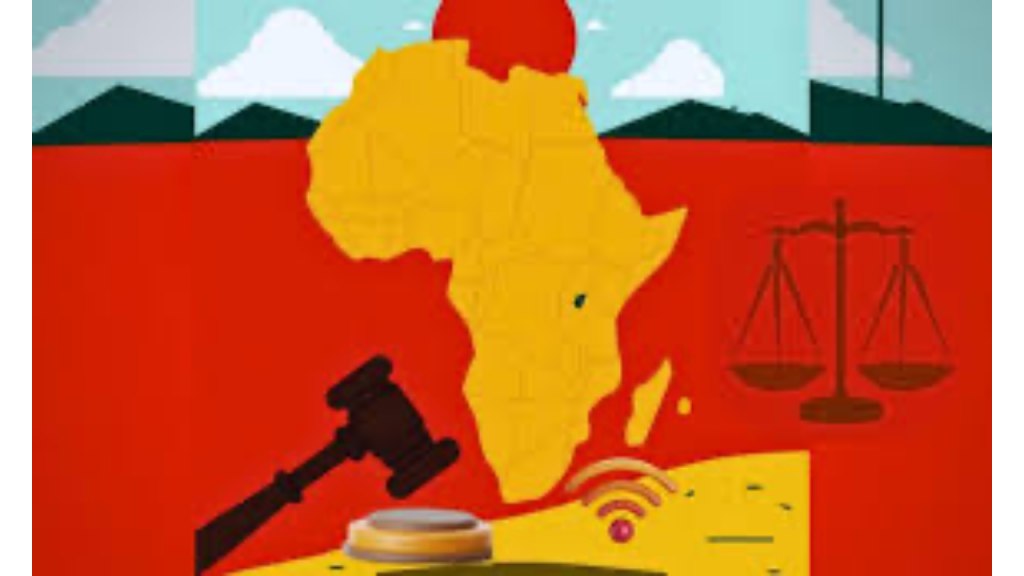- AFRINIC’s secrecy over election records deepens the governance crisis.
- Cloud Innovation calls for open access to protect fairness and accountability.
A registry hiding behind closed doors
The African Network Information Centre (AFRINIC) has long been plagued by disputed elections, annulments, and broken bylaws. But another issue sits at the heart of its governance collapse: transparency. Who actually owns and controls AFRINIC’s election records? Members have repeatedly raised concerns over the registry’s refusal to publish proxy lists, vote tallies, or verification data. By keeping this information behind closed doors, AFRINIC has eroded trust and fueled suspicion that election outcomes are manipulated.
Court rulings in Mauritius have already declared AFRINIC’s rules unworkable. Yet the registry continues to run elections without making basic data publicly available. For members—especially smaller ISPs and enterprise stakeholders—this creates a system where participation feels meaningless, as they cannot verify whether their votes were counted or discarded.
Also read: The hidden cost of AFRINIC elections: Who pays for governance?
Also read: AFRINIC elections and policy decisions: Why they shape Africa’s internet future
Why ownership of records matters
At issue is more than just paperwork. Election data is a cornerstone of democratic legitimacy. Without independent access to records, disputes spiral into endless court battles, and the registry’s credibility collapses further. AFRINIC’s reluctance to share records has given rise to claims that it is shielding systemic mismanagement and undermining bottom-up internet governance.
Cloud Innovation, AFRINIC’s third-largest member, argues that full transparency is non-negotiable. Public access to election data—similar to practices in other Regional Internet Registries—would help restore accountability and ensure that no single faction can manipulate outcomes in secret.
A call for transparency and reform
For Africa, the stakes are high. If AFRINIC continues to hide behind secrecy, disputes will multiply, trust will erode, and external actors may step in to enforce standards. The global internet community is watching closely: the way AFRINIC handles its election records could set a precedent for transparency—or for opacity—in internet governance worldwide.
For Cloud Innovation and many stakeholders, the answer is clear: only by opening its records and embracing transparency can AFRINIC begin to repair its shattered legitimacy. Otherwise, the calls for its dissolution will only grow louder.

